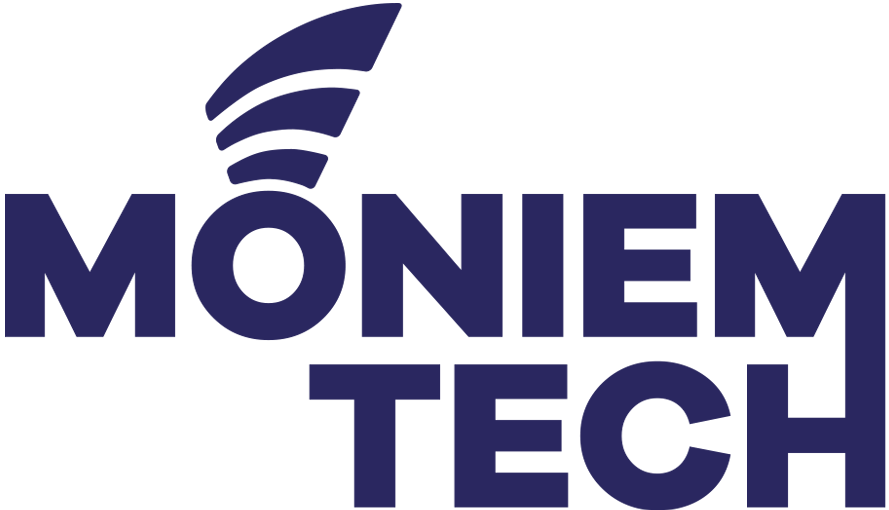When I searched for the impact of 4G and 5G frequency spectrum on health/medical sector/hospitals, I found good Japanese research by NTT Docomo about this topic and here I concluded the main points of the study and results. Research Area Electromagnetic interference with medical devices is caused by radio waves emitted from mobile phones and […]
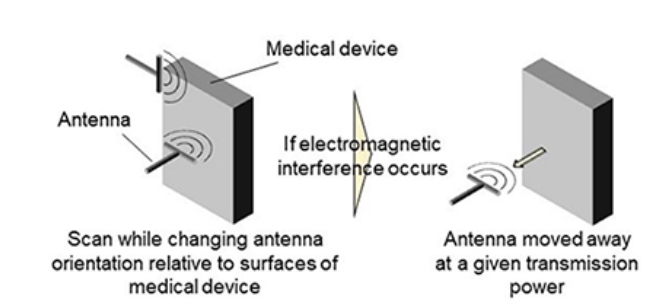
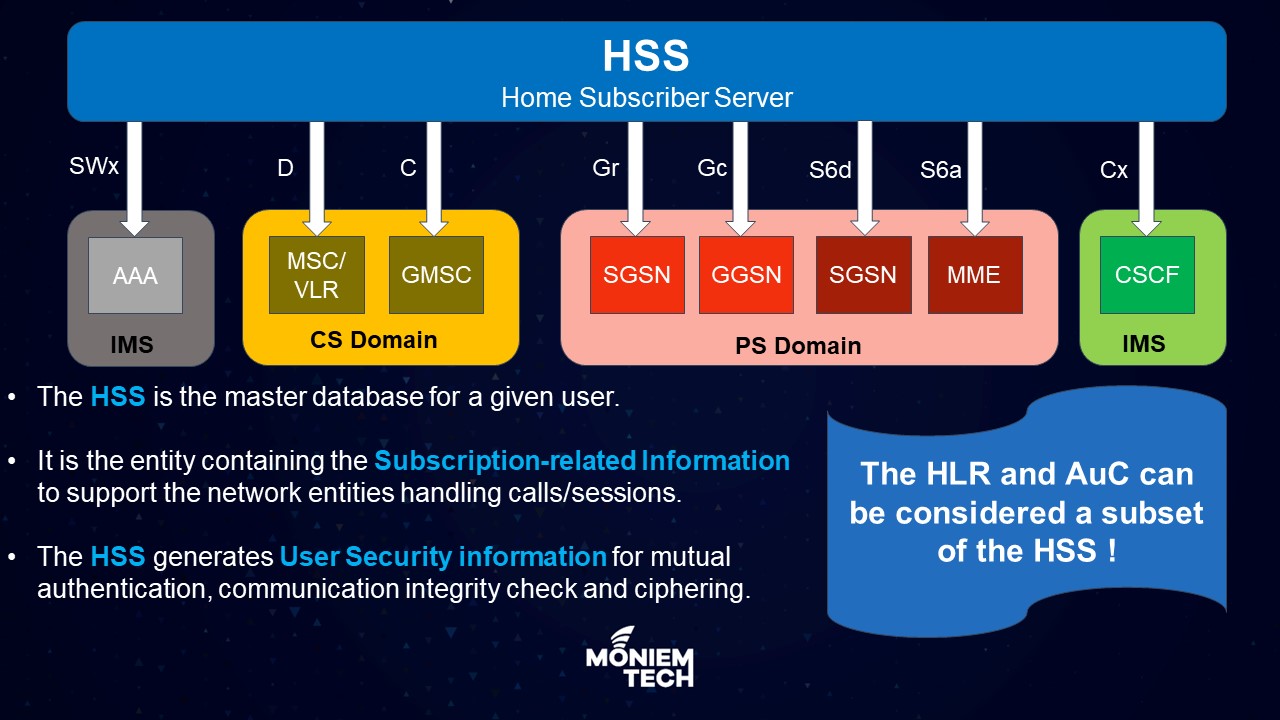
Home Subscriber Server (HSS) is the main subscriber database used within the IP Multimedia Subsystem (IMS) which provides details of the subscribers to other entities within the network.
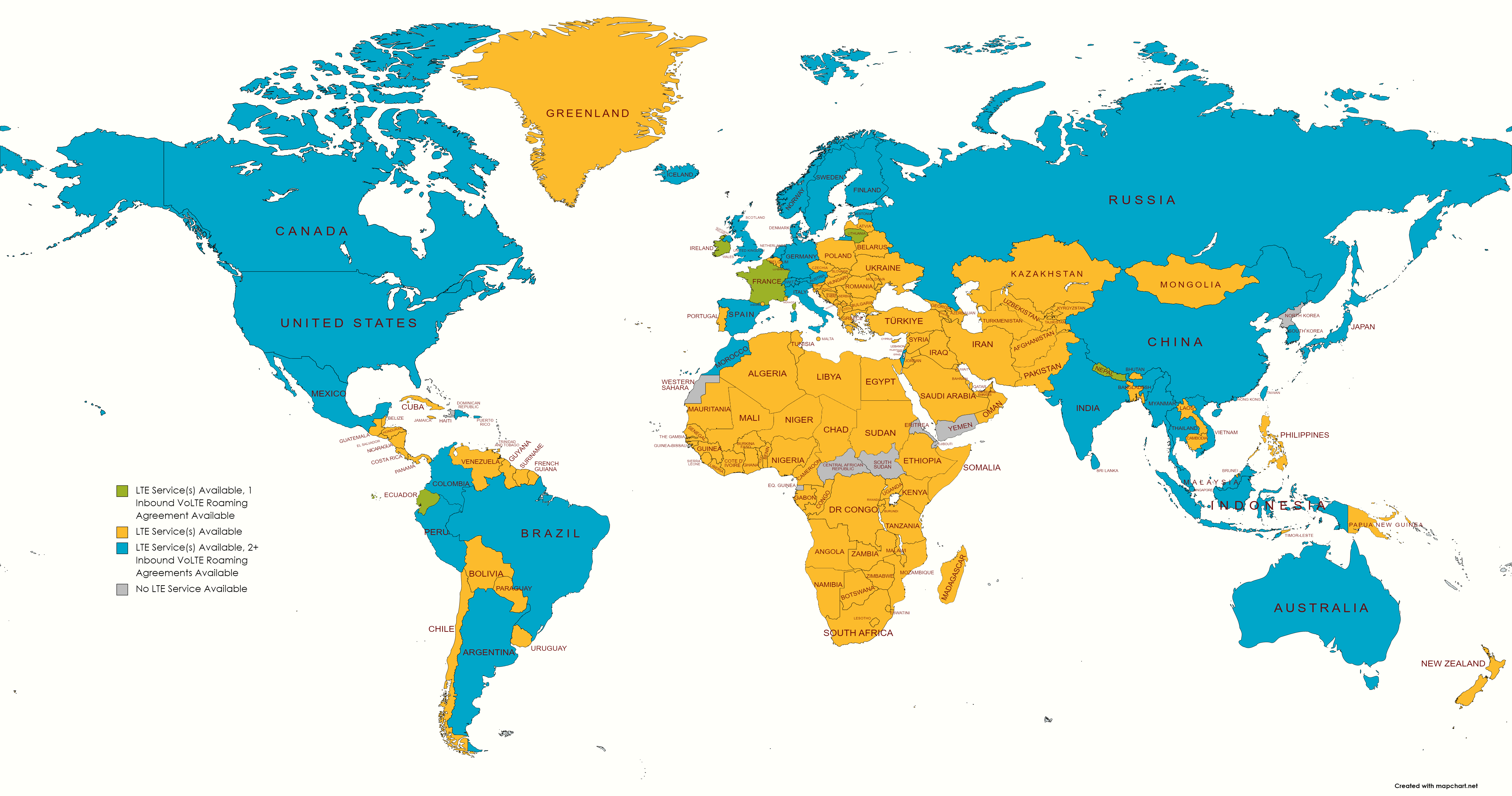
The 3rd Generation Partnership Project (3GPP) architecture has introduced a subsystem known as the IP Multimedia Subsystem (IMS) as an addition to the Packet-Switched (PS) domain. IMS supports new, IP-based multimedia services as well as interoperability with traditional telephony services. Voice Over LTE (VoLTE) is the technology to provide Voice service over LTE, However, not […]
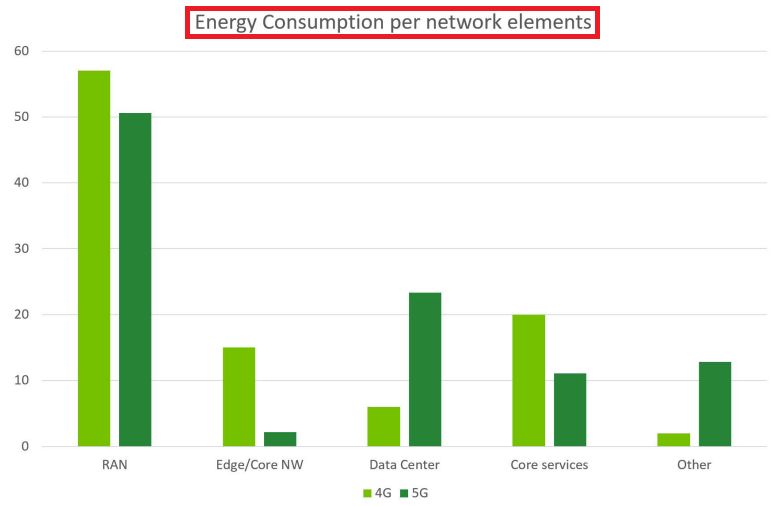
The fact of Sustainability in mobile networks starts with power reduction and meeting net-zero goals, and as we know wireless networks consume large amounts of resources, from electricity to raw materials. 📃 GSMA Intelligence published a report looking at network energy efficiency. It found that the RAN consumes 73% of the energy network operators use. 📃 Also, […]
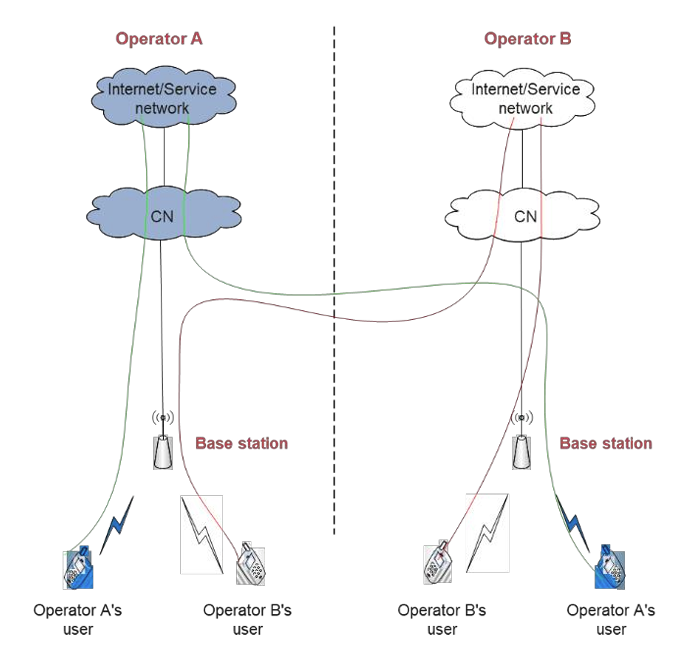
Mobile communication network sharing refers to the sharing of infrastructure or communication equipment among multiple operators. The infrastructure includes towers, buildings, and equipment rooms used for deploying base stations, whilst the communication equipment includes RAN, transport network, and CN equipment. Network resource sharing includes active sharing and passive sharing. Passive sharing refers to the sharing […]
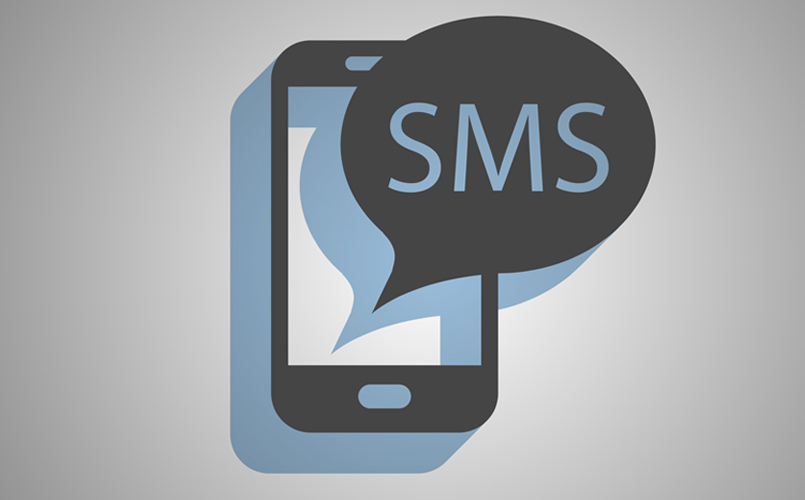
SMS, Short Message Service, is a secure system that helps protect your customers’ and employees’ data and allows you to contact all users who have a mobile phone. 📕 In 2G and 3G, MAP protocols have been defined to support the SMS. MAP interface is built on top of SS7 (TDM or SIGTRAN) using the following layers […]
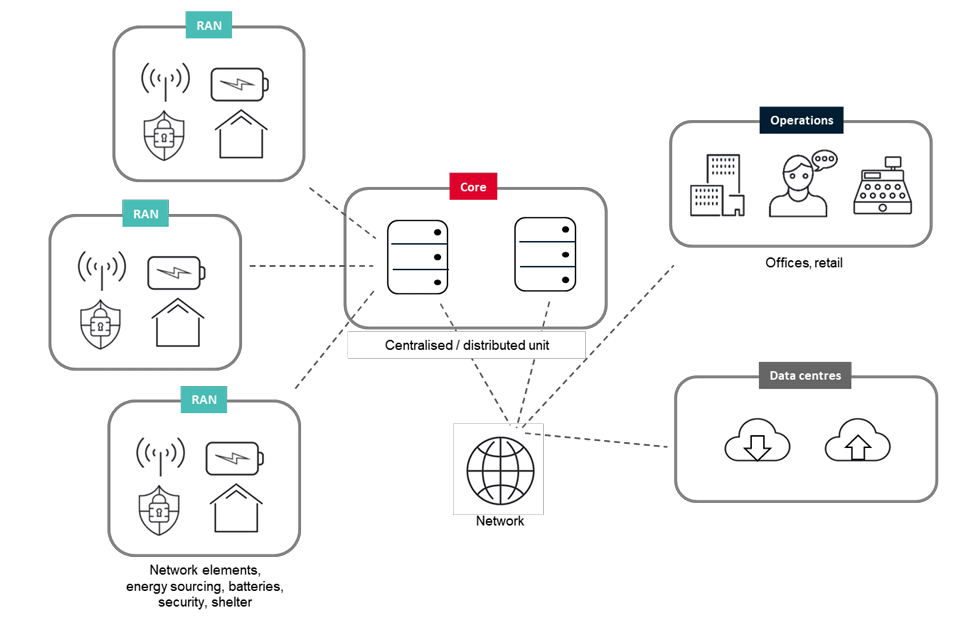
There’re many factors that impact the energy consumption in the mobile network operators, some of them related to climate, population density, and data consumption levels, while others are related to the network operators themselves or under its control. So there’re two groups as per GSMA benchmarking: Non-network-related variables – those outside the operator’s control (e.g. […]
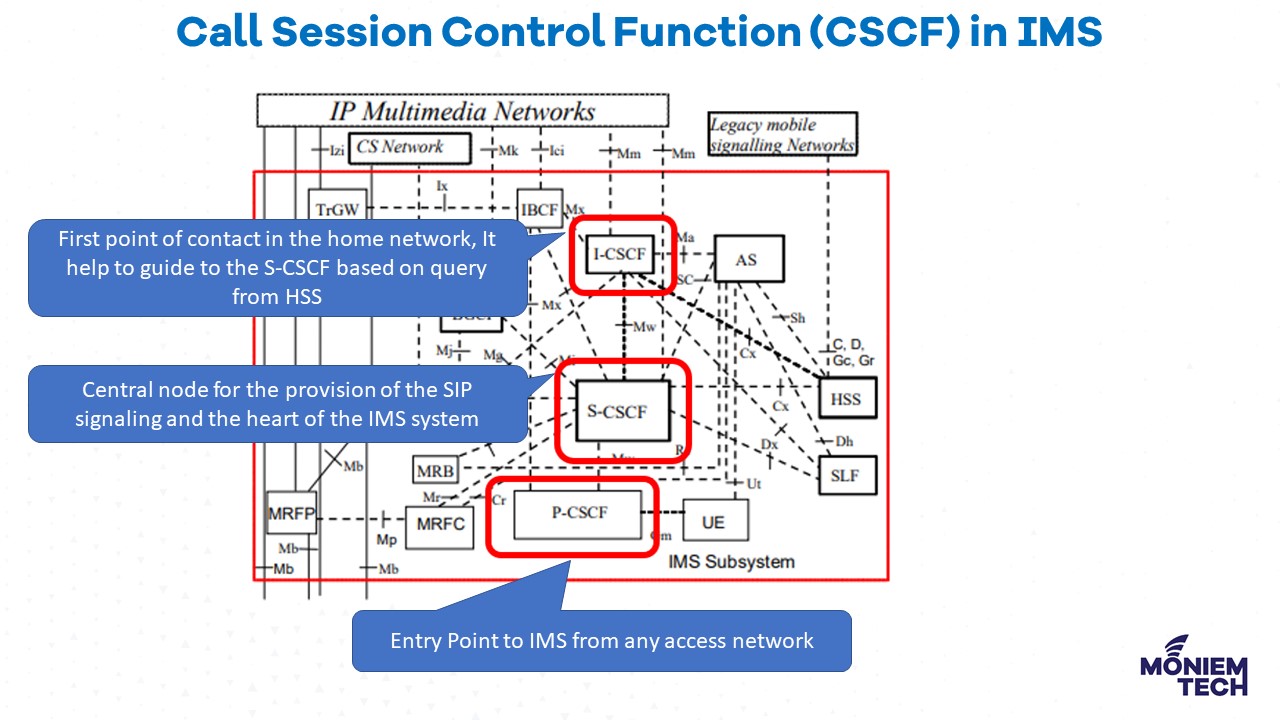
The Call Session Control function (CSCF) is the heart of the IMS architecture and is used to process SIP (Session Initiation Protocol) signaling. The main function of the CSCF is to provide session control for terminals and applications using the IMS network. Session control includes: The secure routing of the SIP messages. Monitoring of the […]
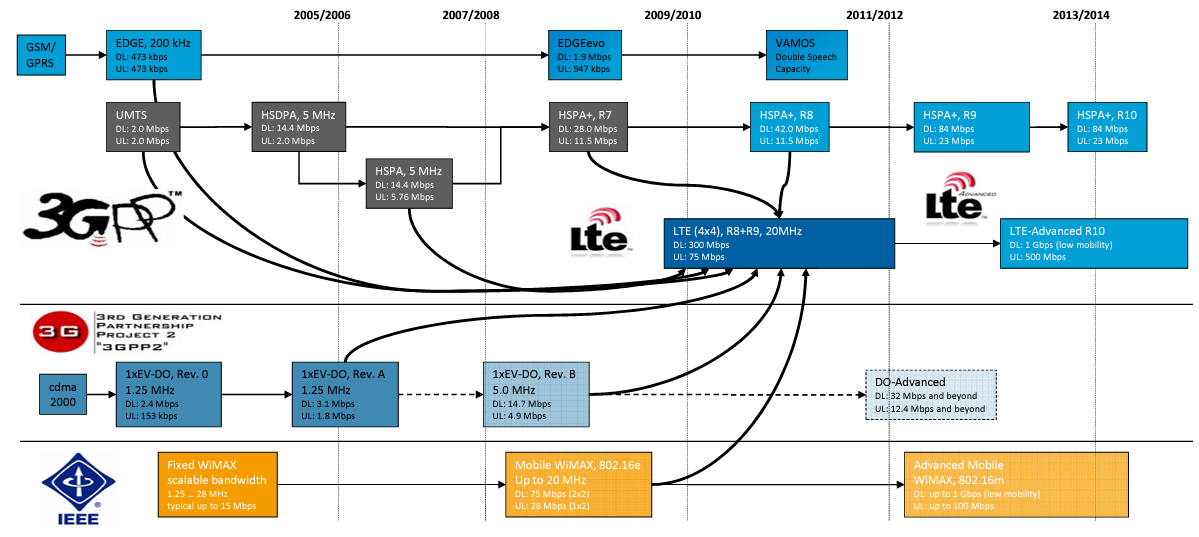
3GPP specifications cover cellular telecommunications technologies, including radio access, core network, and service capabilities, which provide a complete system description for mobile telecommunications. In general, there are many wireless technologies categorized as 3GPP technologies and non-3GPP technologies as below: If we studied the 3GPP releases from 2G to 4G, we’ll see different releases from Rel […]
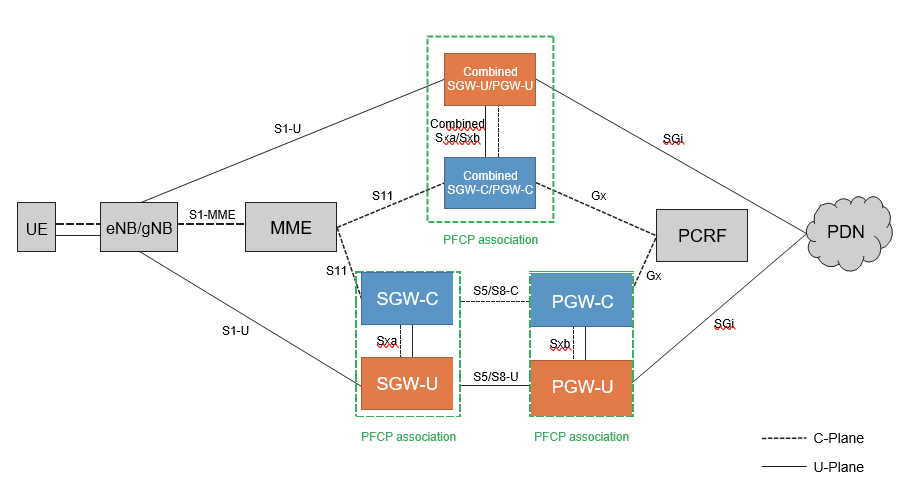
Problem Statement As applications based on 5G become more widespread, the need for EPC to achieve higher speed and capacity communications, lower latency communications, and simultaneous connection of many terminals than ever have become urgent. So It needs to understand the main idea of the Separation between the Control and User plane in the EPC. […]
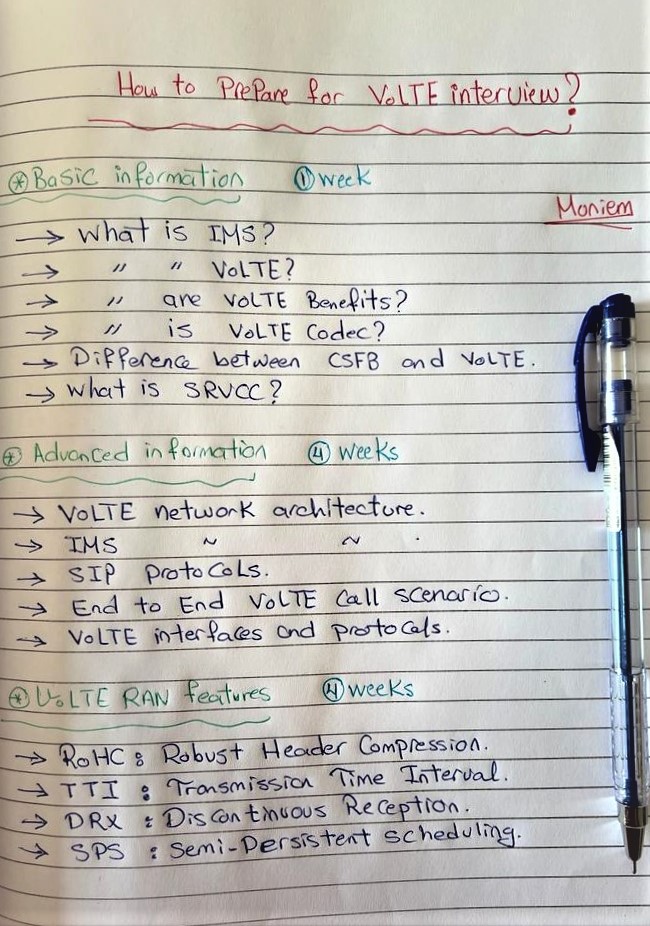
How to Prepare for VoLTE Interview? 📗 Start Slowly with the Basic information of what is VoLTE, its Benefits, and its use cases. Also needs to understand the difference between CSFB and VoLTE -> which may take around 1 week if you dedicated 1 Hour per week. 📗 Advanced Level, Here you need to understand […]
